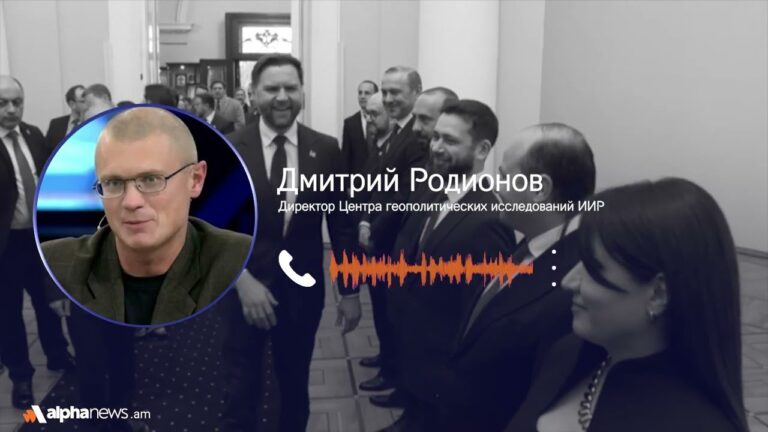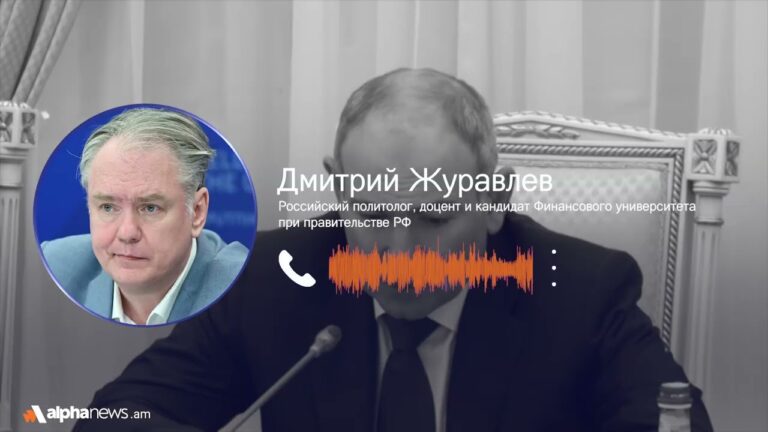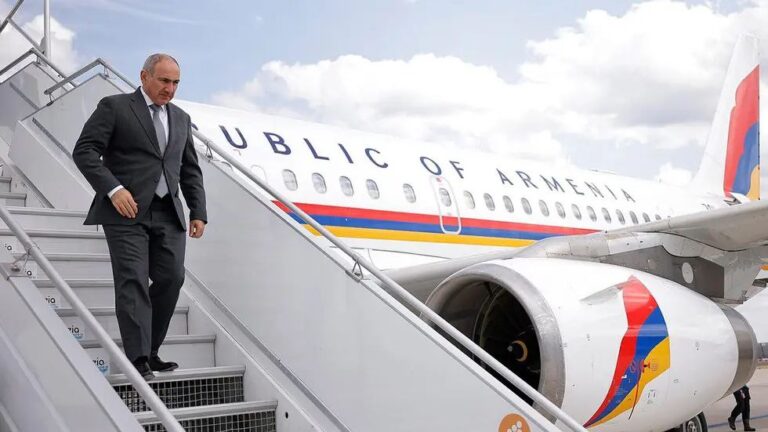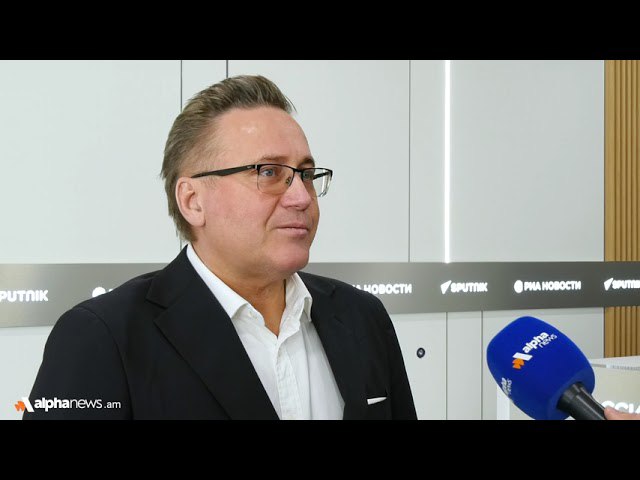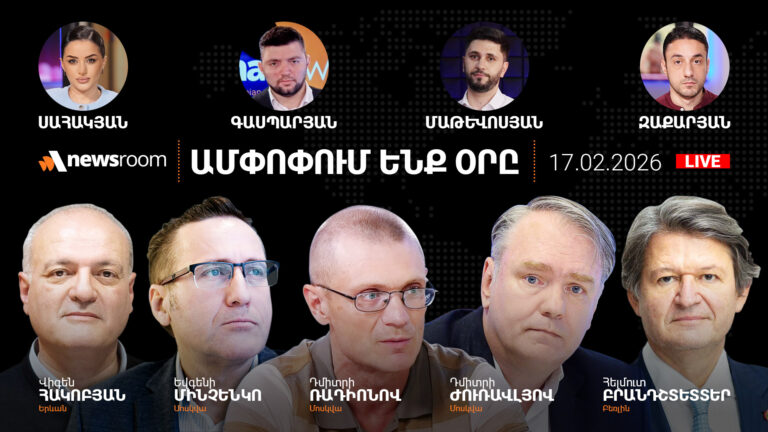Beniamin Matevosyan | What will happen in 2025? | Artsakh, Armenia, New World Order
January 14 2025, 20:00
As part of the “What will happen in 2025? Artsakh, Armenia, New World Order” project, Alpha News talked with political scientist Beniamin Matevosyan.
According to him, Azerbaijan is not interested in concluding a peace treaty with Armenia.
“Azerbaijan would have needed a peace agreement if it saw security guarantees for itself in this document. If it saw that Armenia was recovering, in which case Armenia would have the opportunity to achieve a more just peace, Baku would have perceived the peace agreement as an integral part of its security system, but since we are moving in the opposite direction—Armenia is weakening—Azerbaijan does not really need to sign this agreement,” Beniamin Matevosyan said.
Baku speaks to Yerevan using the language of conditions and threats. Aliyev, for example, demands changing the Constitution of the Republic of Armenia, not arming the army, dissolving the OSCE Minsk Group, and holding talks with the so-called community of Western Azerbaijan. Azerbaijan’s demands are not limited to this. Baku and Ankara demand a road passing through Syunik, which they call the “Zangezur corridor”, and this implies the absence of customs and border control. According to the political scientist, in addition to the Armenian army, there are also Moscow and Tehran, but the question is whether the Armenian people should rely on these two countries or on themselves.
“There was a discussion among experts in Russia about whether Iran considers Syunik a red line for itself or not, given the current authorities. We are not talking about a spiritual leader, but about a ruling group. After the death of Iran’s former president, elites are changing in the country, and representatives of the Iranian province of West Azerbaijan are coming to power. In light of these events, are the Armenian authorities or the Armenian people sure that the processes taking place on this bank of the Araks River will become a red line for Iran? In addition, the other day, the Iranian foreign minister said that the country is ready for honest talks with the United States. Can they come to the conclusion during these honest talks that a corridor bypassing Russia and China is acceptable for Iran? We will definitely receive answers to these questions during 2025. But until qualitative political changes take place in Armenia’s public administration system, it would be wrong to rely on Iran and Russia,” Matevosyan said.
According to the political scientist, in the foreign policy, Pashinyan leads Armenia in the Turkish direction.
“This is manifested, among other things, in the fact that Pashinyan, during a meeting with Erdogan in the United States, actually asked Turkey to mediate in the Armenian-Azerbaijani talks. The surrender of Artsakh, the destruction of the army, and the Armenian identity are crimes that should be prosecuted, but if you are on the Turkish vector, you may even be rewarded for this. As for the CSTO, judging by our actions, we have already left this organization. Perhaps in Russia they have a different opinion and are waiting for documentary evidence. But the fact is that we have already left the CSTO by our actions. Another question is that, in terms of documentation, Pashinyan delays this process.
Membership in the CSTO, the presence of a Russian military base here, and the presence of Russian border guards are necessary for Pashinyan to exchange. That is, if at some point the Russian side tries to exert some pressure on the Armenian authorities, trying, so to speak, to adjust their policy, the authorities may say, You are putting pressure on us, closing Lars; in that case, we will remove the border guards, and so on,” Matevosyan concluded.

